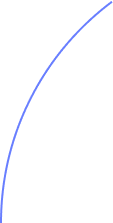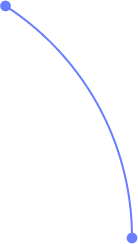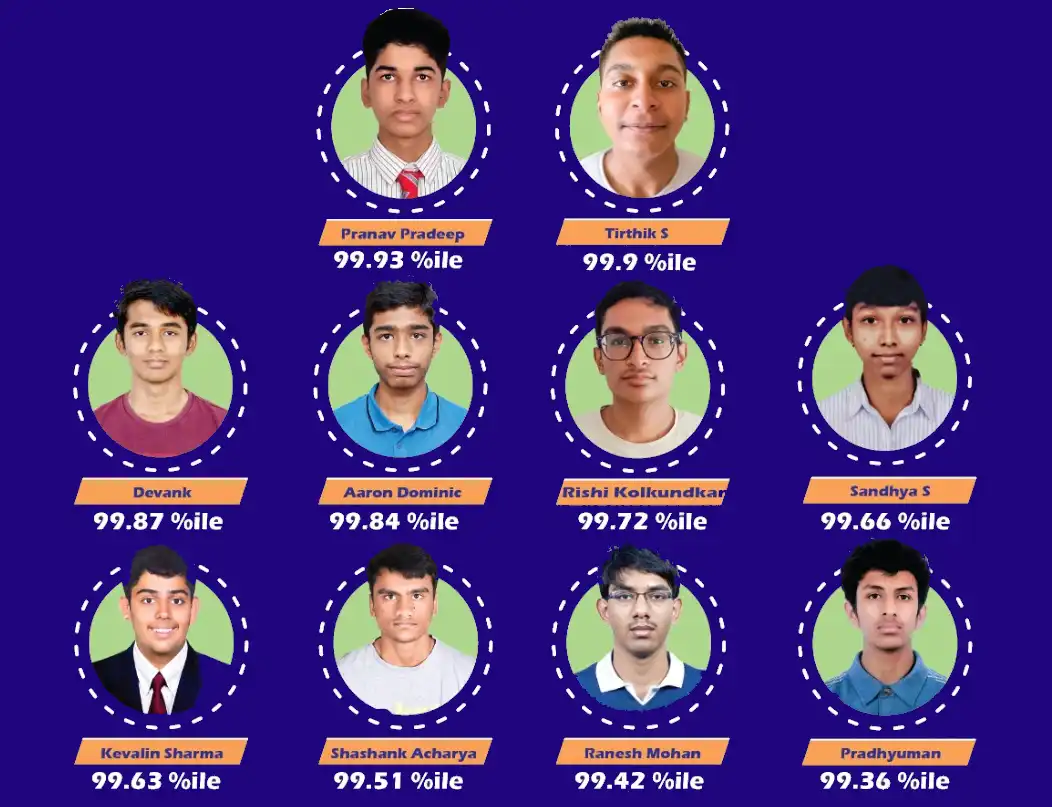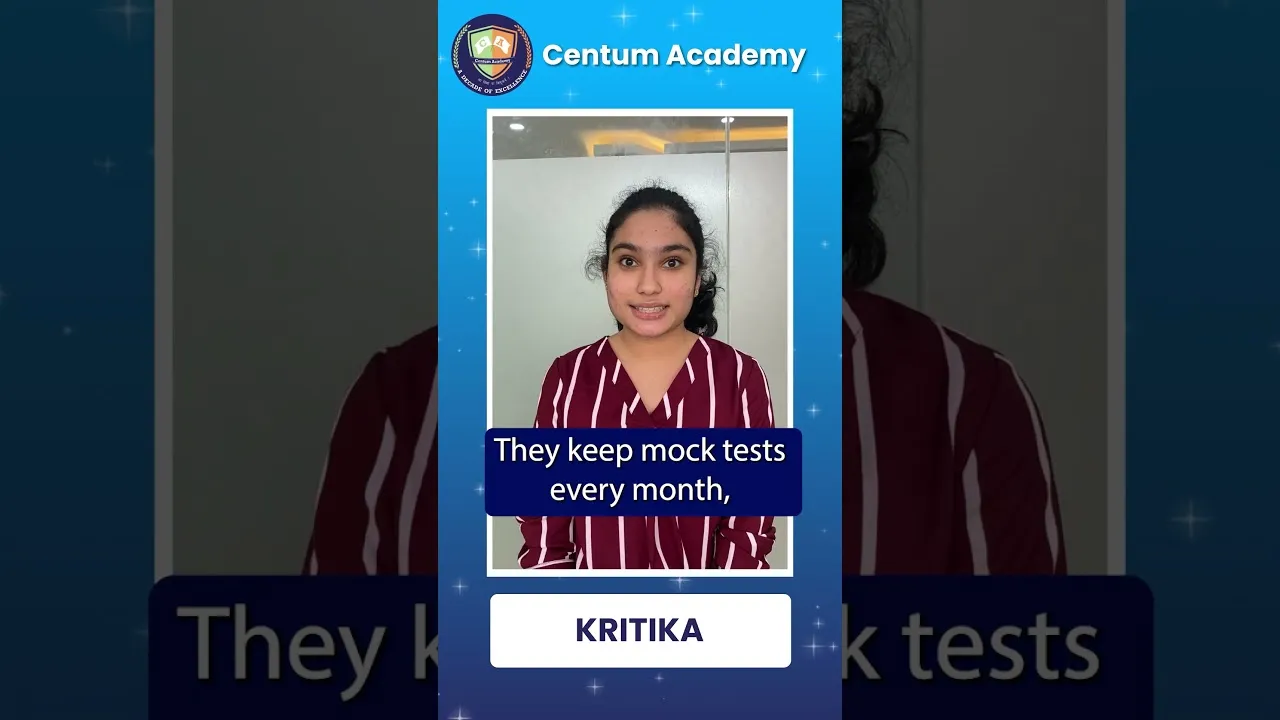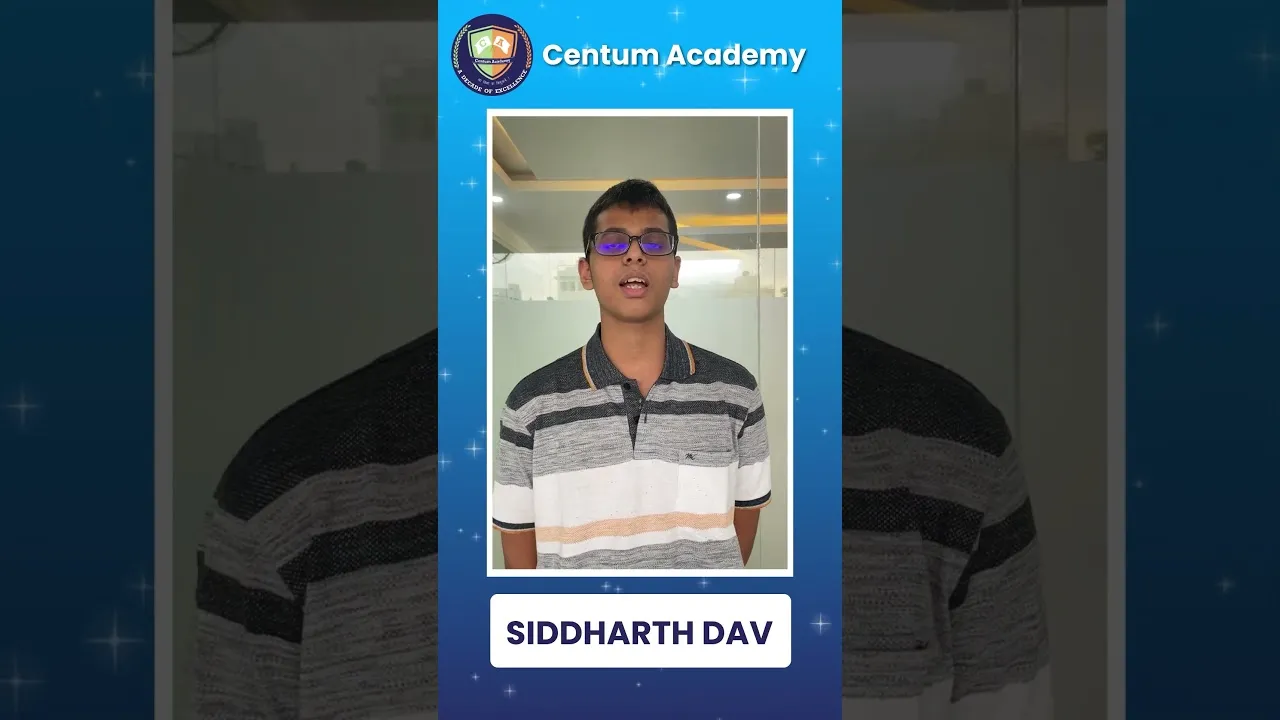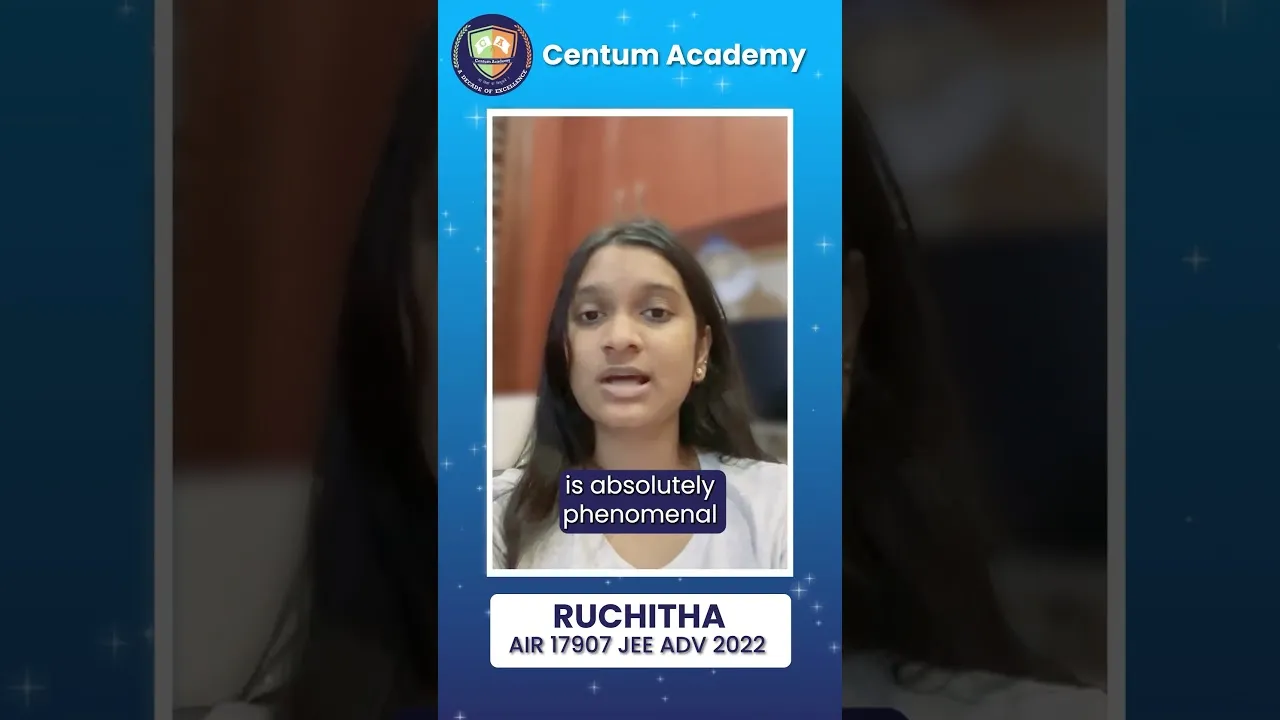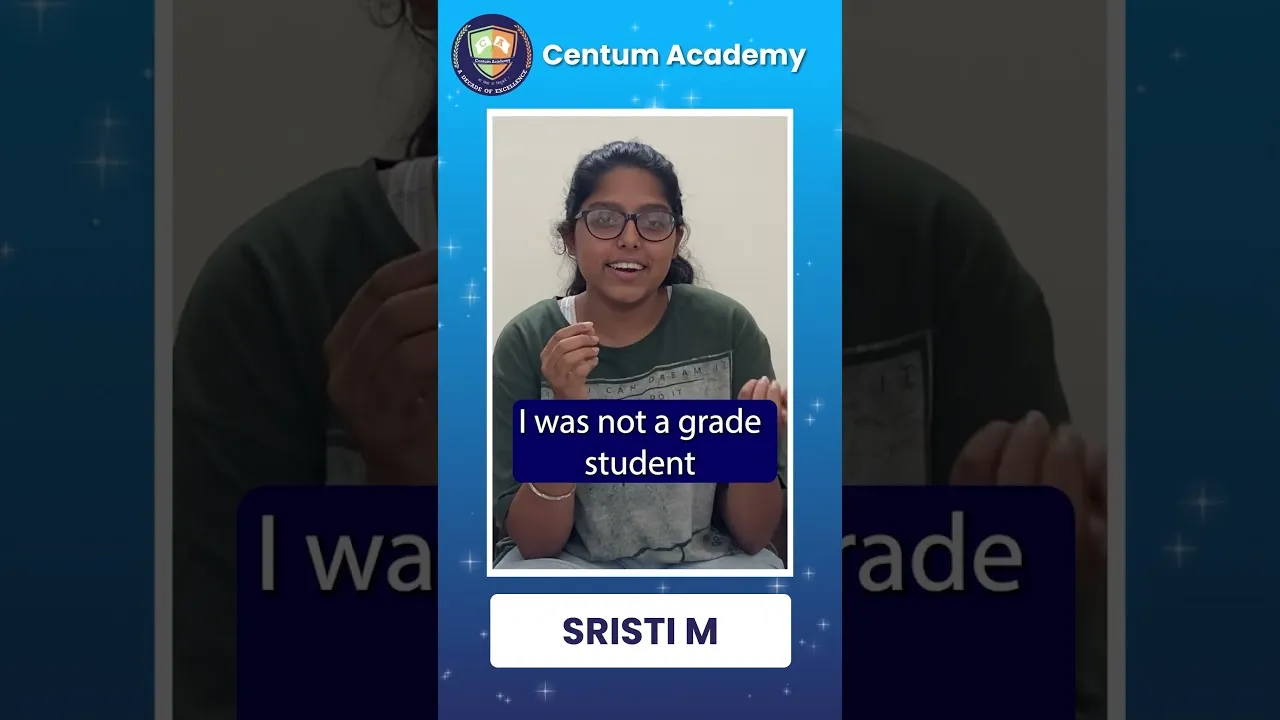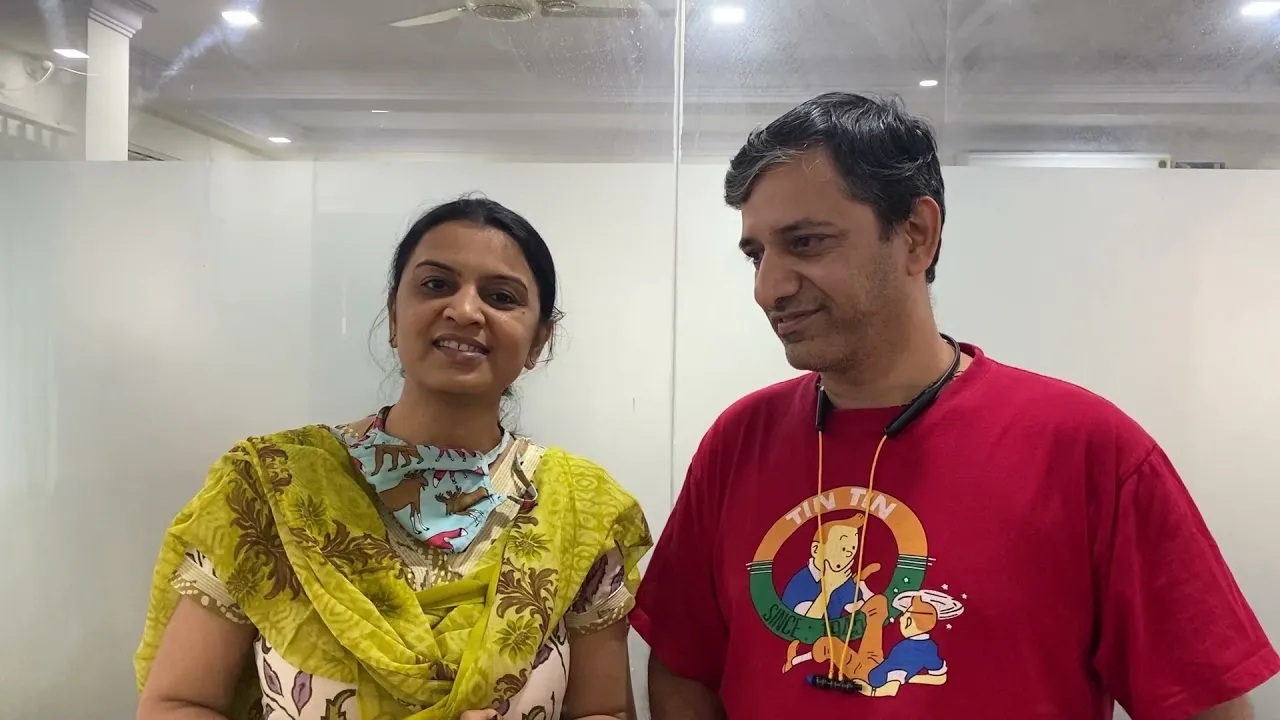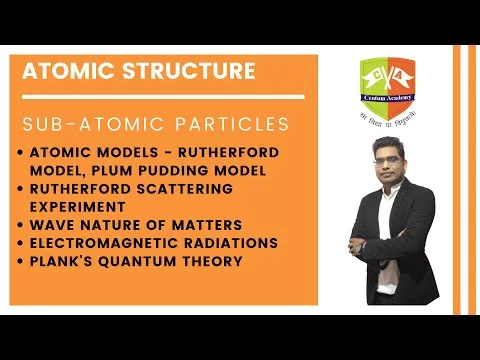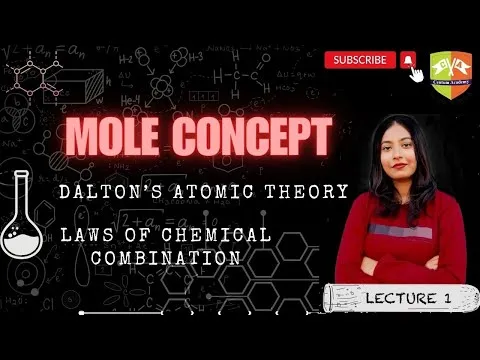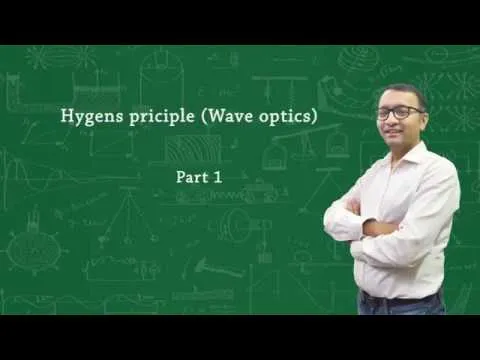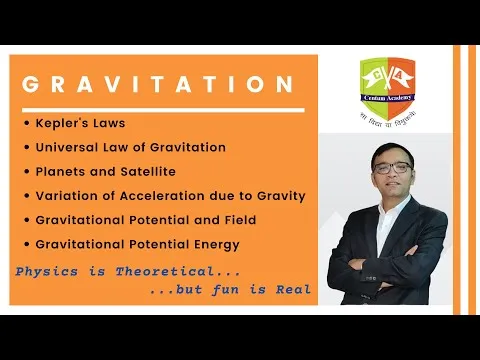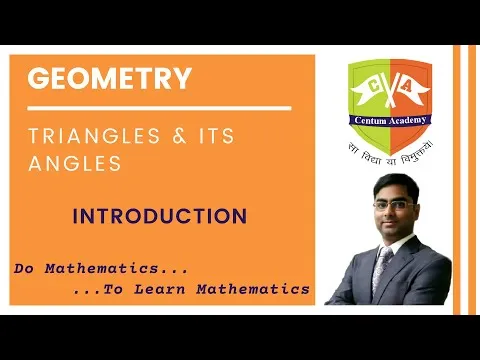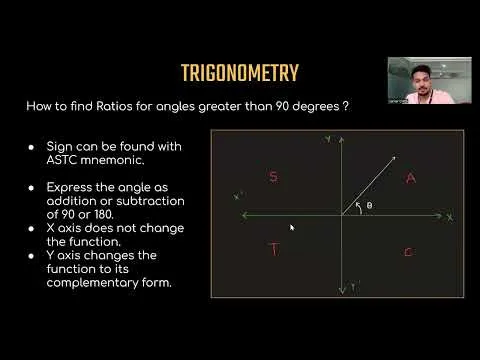Splendid Performance of Our Students
Trailblazers

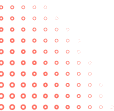
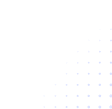
Siddharth R
IIT Madras
JEE ADV: AIR 969



Sukeerth R
IIT Madras
JEE ADV: AIR 974
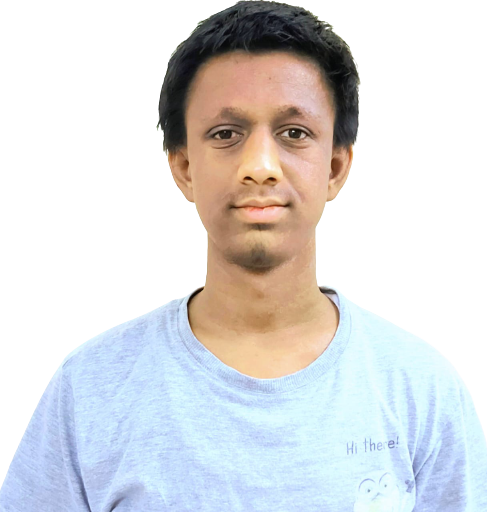


Ruchir P
IIT Bombay
JEE ADV: AIR 1072



Tripan D
IIT Madras
JEE ADV: AIR 1470



Pratham S
IIT Madras
JEE ADV: AIR 1866



Krishna S
NEET: 675/720
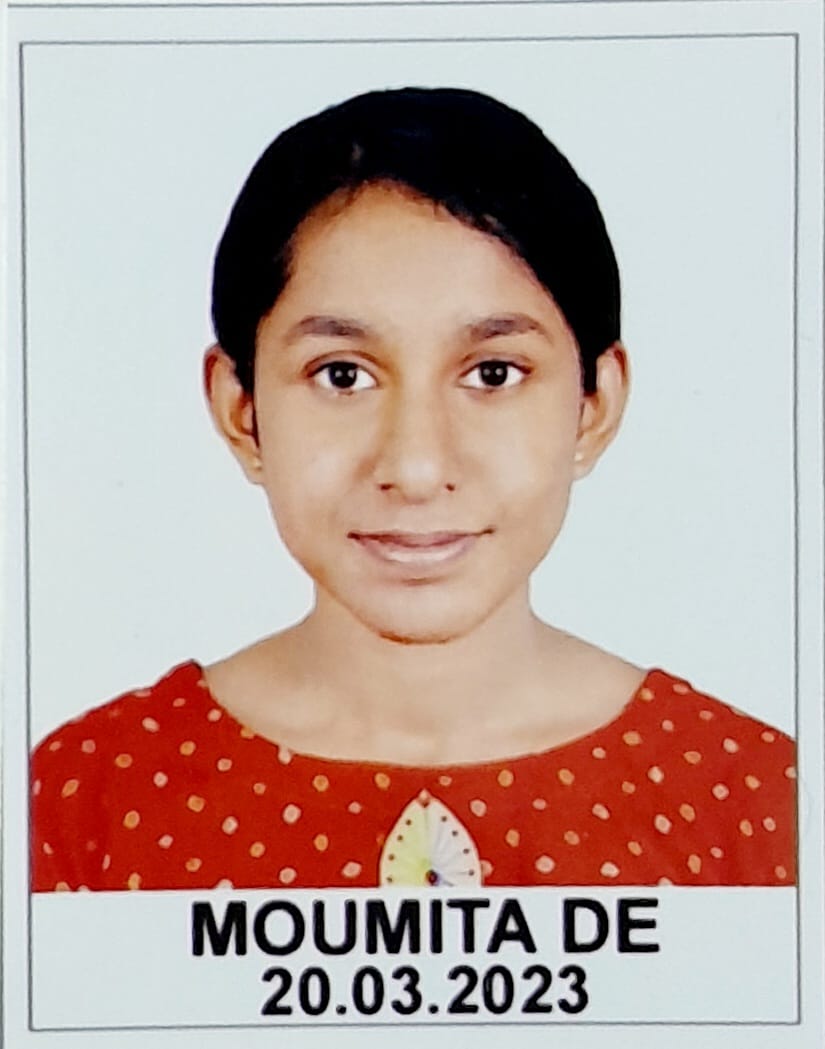


Moumita De
AIIMS Kalyani
NEET: 676/720
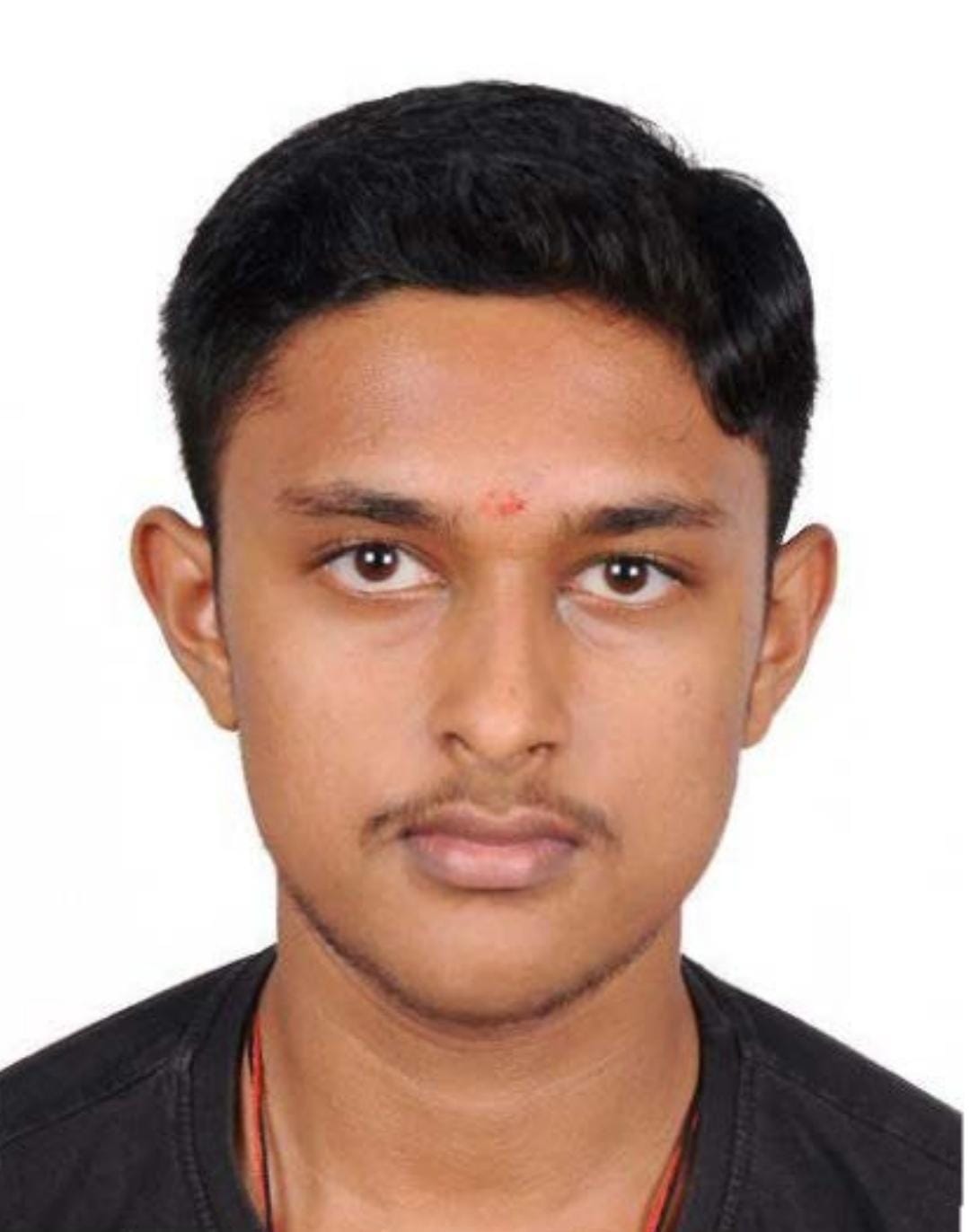


Vishnu C
KIMS, Bangalore
NEET: 659/720
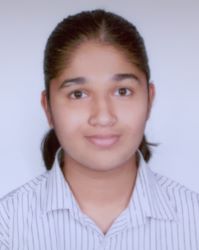


Annette Ronnie
Vydehi Medical College, Bangalore
NEET: 605/720
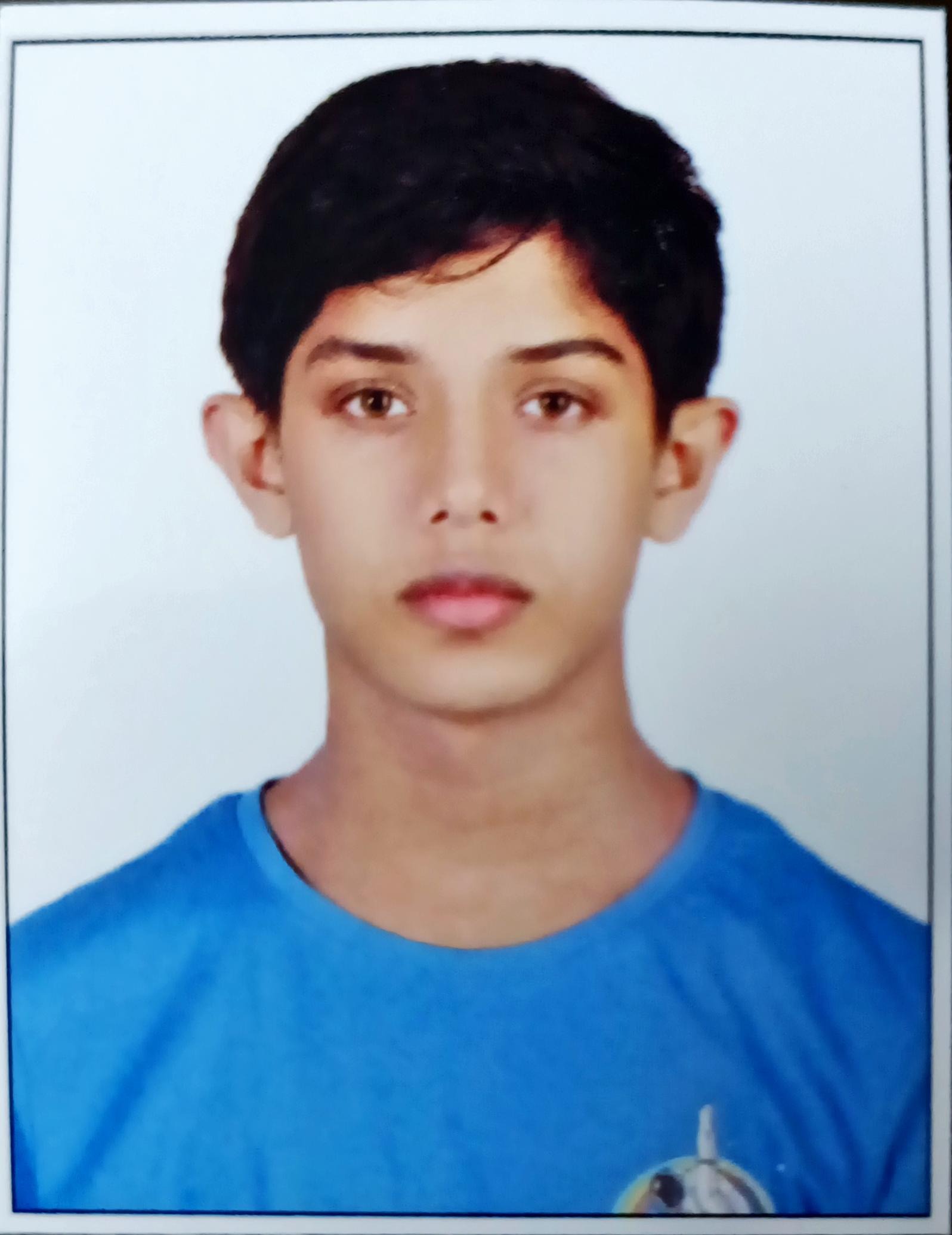


Manyu Chordia
Vydehi Medical College, Bangalore
NEET: 603/720



Purvi C
KMC Manipal
NEET: 600/720
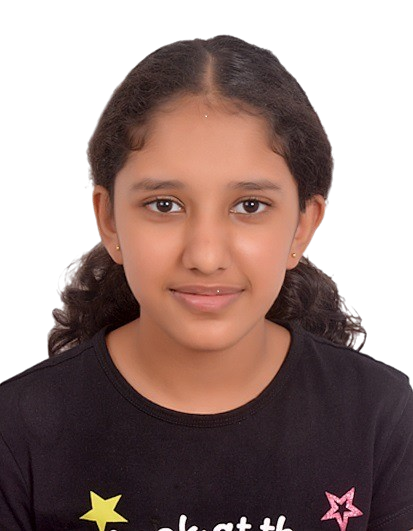


Anvi Garg
RMO Awardee
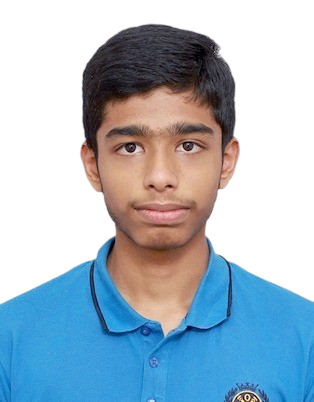


Aron D
RMO Awardee



Tirthik Sengupta
RMO Awardee
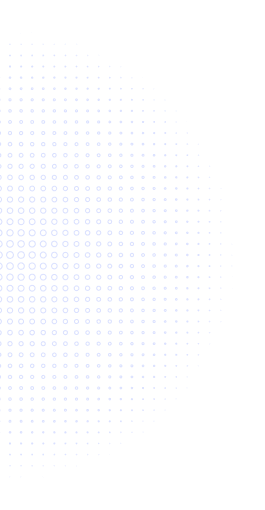
Built on Trust: Discover Why Students
Choose
Centum Academy 
Explore how Centum Academy sets itself apart by focusing on what truly matters for students’ success in JEE and NEET preparation.
-
Personalized Mentoring
Every student receives dedicated guidance to unlock their full potential, with mentors addressing both academic and personal growth needs.
-
Flexible Learning Schedules
Seamlessly balance school and competitive exam preparation with schedules designed to fit every student’s unique pace.
-
Expert Faculty Support
Our experienced faculty is available 24/7 to resolve doubts and ensure students have the clarity needed for consistent progress.
-
Proven Results Track Record
Thousands of students have trusted Centum to achieve top results in JEE, NEET, and Olympiads, thanks to our research-driven approach.
Explore Our Comprehensive
Course Offerings
JEE (Main & Advanced) Preparation
Centum Academy is your gateway to success in JEE Main and Advanced. Our expert-designed curriculum and experienced faculty ensure students master concepts with confidence. With personalized mentoring and advanced problem-solving techniques, we prepare you to excel and secure top ranks in IITs, NITs, and beyond.
-

Fundamental Concept Building
Master the fundamentals of Physics, Chemistry, and Mathematics.
-

Speed & Accuracy of Problem Solving
Learn techniques specifically tailored for JEE’s tricky questions.
-

AI Based Assignments
Surgically strike your problem solving vulnerabilities
-

Mock Tests & Error Analytics
Simulate real exam conditions with detailed performance insights.
Take your first step toward becoming a top-ranked engineer with Centum Academy!
NEET Preparation
Centum Academy’s NEET program equips aspiring doctors to excel in Biology, Physics, and Chemistry. Our innovative teaching, detailed study material, and regular mock exams build confidence and accuracy. We ensure students are fully prepared to secure top medical seats in India.
-

Comprehensive Subject Focus
Strengthen your grasp on Biology, Physics, and Chemistry with detailed explanations.
-

Simplified Concepts
Break down complex topics into easy-to-understand concepts.
-

Topic-Wise Practice
Improve accuracy and speed with focused practice questions.
-

Regular Mock Exams
Prepare for the exam day with the latest NEET patterns and real-time analysis.
Turn your medical career dreams into reality with Centum Academy’s NEET program!
Foundation Courses
Centum Academy's Foundation Courses are tailored for students from Grades VIII to X. These programs foster critical thinking, problem-solving, and innovation by going beyond traditional textbooks.
-

Methodologies for Effective Learning
Focus on understanding concepts, not rote learning.
-

Olympiad and Speed Math Preparation
Develop an edge in Mathematics and Science.
-

Field Trips
Connect academics to real-world industrial applications.
-

Small Class Sizes
Ensure personalized mentoring and focus on individual aptitude.
-

Career Exposure
Help students explore various vocational paths.
Course
Features
-

Small Batch Sizes
Personalized attention for every student. -

Concept Building
Strengthen fundamentals before progressing to advanced problems. -

Rigorous Testing
Regular evaluations with detailed performance analysis. -

Mock Exams
Practice with the latest exam patterns. -

24/7 Doubt Support
Access faculty anytime for instant help via mobile apps. -

Specialized Study Material
Resources tailored to JEE and NEET requirements. -

Proven Track Record
Centum students consistently secure top ranks in JEE & NEET. -

Student Wellness Support
Counseling sessions to manage stress, build resilience, and stay focused
Founding
Team



Tushar Sinha
B.Tech & M.Tech, IIT Kharagpur



Dheeraj Singh
B. Tech & M. Tech, IIT Bombay



Akhil Kumar
B.Tech , IIT Kharagpur

Explore Genuine Feedback
from
Happy Clients 
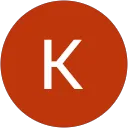
Kaushik Nag
My son has been with Centum since Std 9 and we are very happy...

Ish Dham
Centum does well to partner with the schools...

Adithi
I was part of centum from 9th to 12th. All the teachers are extremely well versed...

Nachamai Muthuraman
I'm glad I put my son in Centum Academy, it is one of the best coaching institutes...

Ish Dham
Centum does well to partner with the schools...


